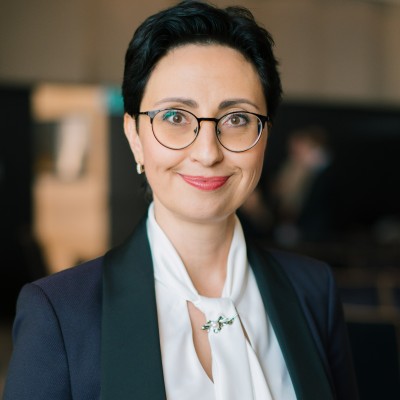BAKU, Azerbaijan, August 12. Latvia has reaffirmed its commitment to deepening economic cooperation with Israel, focusing on innovation-driven sectors such as defence technologies, green energy, and precision medicine, Head of Investment and Development Agency of Latvia's (LIAA) representative office in Israel Irina Rubinchik told Trend.
According to Rubinchik, the Latvia–Israel Business Forum, organised in cooperation with the Israel Export Institute, aimed to strengthen bilateral economic relations, promote joint projects in high-tech industries, and position Latvia as a strategic entry point for Israeli companies into the EU market.
“The forum successfully facilitated direct contacts between Latvian and Israeli businesses, resulting in several cooperation memorandums, and generated concrete leads in sectors including photonics, precision medicine, green ammonia production, and semiconductor technologies,” she said.
A memorandum signed with the Israel Export Institute focuses on promoting trade and investment, organising B2B matchmaking, and fostering cooperation in defence tech, renewable energy, and advanced manufacturing. Other agreements with Israeli business associations and technology clusters target knowledge transfer, joint product development, and faster commercialisation of research results.
Rubinchik also noted that Latvia offers a comprehensive support package for Israeli startups and investors, including fast-track company registration, tax incentives under Latvia’s Startup Law, and assistance with employee relocation. Israeli companies are also encouraged to use Latvia as a base for EU market tenders, R&D facilities, and “testbed” environments for innovative technologies.
Priority sectors for future Latvian–Israeli cooperation include photonics, semiconductors, unmanned aerial systems, counter-drone solutions, hydrogen and green ammonia production, AI-based healthcare, and sustainable agri-tech solutions.
“These areas combine Latvia’s EU market advantages with Israel’s innovation capacity, creating significant potential for mutually beneficial projects,” she concluded.







